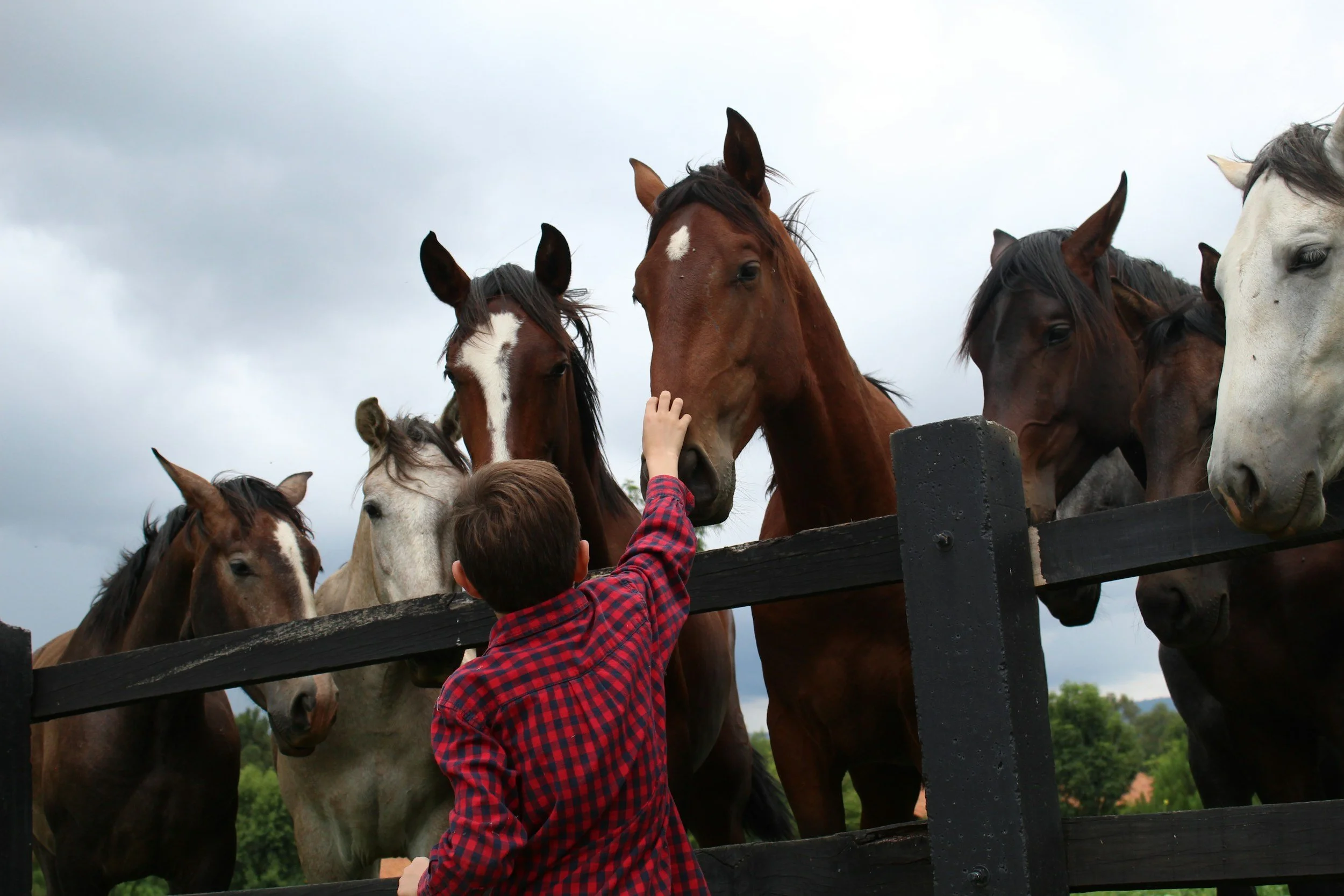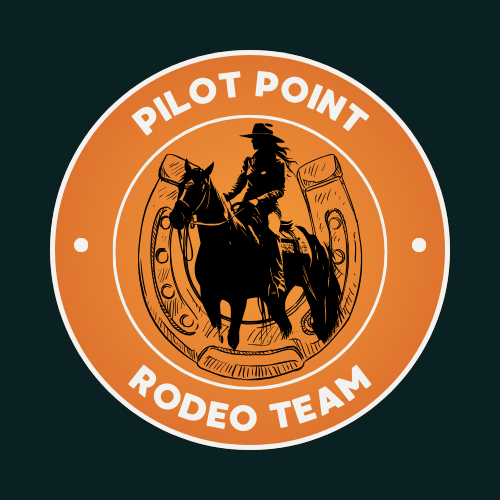
Frequently asked questions.
What is the mission of the Pilot Point Rodeo Team?
Our mission is to empower high student athletes through the sport of rodeo. Promoting excellence in horsemanship, responsibility, and integrity. We strive to provide opportunities for personal growth, teamwork and leadership while honoring the traditions of rodeo. By balancing academics, competition, and community spirit, our team represents the sport with pride, grit and respect.
Which rodeo events can students participate in?
The North Texas High School Rodeo Association (NTHSRA) offers the following events: bareback, calf roping, breakaway roping, saddle bronc, ribbon roping, goat tying (walk-up & riding), steer wrestling, team roping, barrel racing, pole bending, chute dogging and bull riding.
Do team members need prior rodeo experience to join?
Prior rodeo experience is not required; however, it is strongly recommended.
What age groups or grade levels can join the team?
Team members must be enrolled in an accredited High School and be in good academic standing.
What kind of support and coaching does the team provide for new members?
Team members use their own coaches and trainers.
How often does the rodeo team compete?
We participate in the NTHSRA program and follow their schedule.
What costs or equipment are required to participate?
Team members are responsible for their own equipment, supplies, horse, transportation and entry fees.
Are there opportunities for students without their own horse to get involved?
The NTHSRA offers a variety of events that do not require a horse to participate in.
How does being on the rodeo team help prepare students for college rodeo programs?
Being part of a high school rodeo team lays the groundwork for success at the collegiate level. Student athletes develop advanced horsemanship skills and event-specific techniques while gaining valuable experience in a competitive environment. The demands of balancing school, practice, and travel instill discipline, responsibility, and time management — all essential for college life. Rodeo also fosters sportsmanship, leadership, and teamwork, qualities that make athletes stand out to college coaches. Beyond competition, high school rodeo provides networking opportunities and exposure to recruiters, while strong performance can open doors to scholarships. Together, these experiences prepare students to excel academically, athletically, and personally in college rodeo programs.
How can parents, sponsors, or community members support the team?
Parents, sponsors, and community members play a vital role in the success of our high school rodeo team. Parents support athletes through encouragement, transportation, and volunteer efforts at practices and events. Sponsors provide essential financial assistance that helps cover travel, entry fees, equipment, and team gear, while also giving students the chance to proudly represent their partners in the arena. Community members contribute by attending fundraisers, cheering on the team at competitions, and spreading awareness about our program. Together, these contributions ensure our student-athletes have the resources, opportunities, and encouragement they need to grow as competitors, students, and leaders.
What are the team’s short-term goals as it grows?
The short-term goals of our high school rodeo team focus on growth, teamwork, and preparation for the season ahead. We are committed to developing stronger horsemanship and event skills through regular practice while promoting safety and responsible horse care. Our team emphasizes building camaraderie, sportsmanship, and academic balance so that members succeed both in the classroom and in the arena. This year, we aim to strengthen community involvement through local events and fundraisers, grow our membership by welcoming new riders, and secure the financial support needed for travel, entry fees, and equipment. Above all, we strive to represent our team and community with pride, integrity, and professionalism at every competition.
